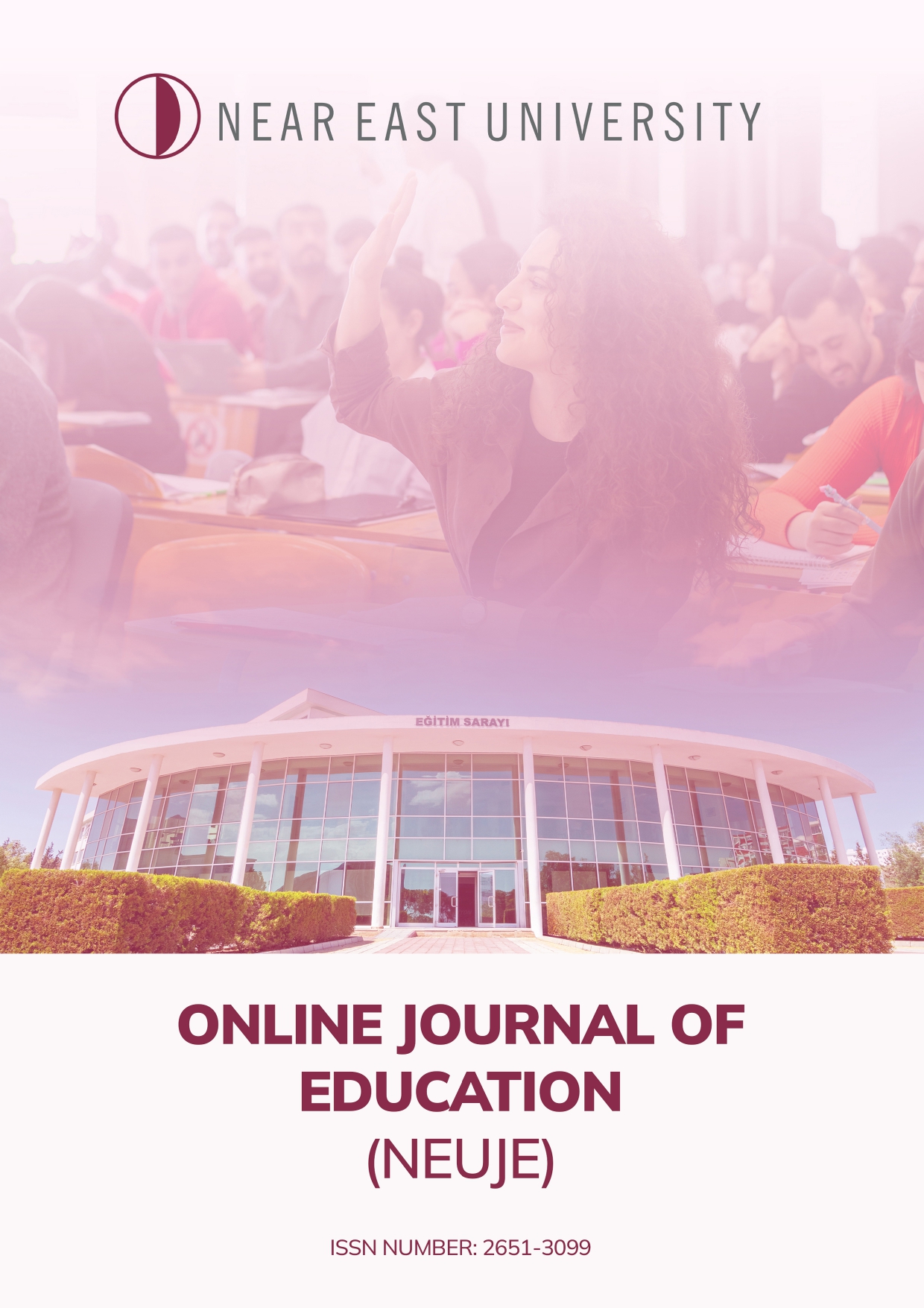The Impacts of Integral Teaching of the Listening and Speaking Skills on EFL Communicative Competence
DOI:
https://doi.org/10.32955/neuje.v5i1.462Abstract
The listening and speaking skills are connected in real life and complement each other as input and output of language. However, in the Iraqi context, these two skills are taught in isolation; not taught in an integrated manner, thus, the result is poor performance of the students. This study investigated the impacts of integrating the listening and speaking skills in an English class and how it enhances English as a Foreign Language (EFL) students’ communicative competence. A mixed-methods research design was employed to gather the necessary data through a one group pre-posttest and interviews. The participants were 51 university students at Charmo University, North of Iraq. In analyzing the quantitative data, a paired samples t-test was run to find answers to the research questions posed. The results indicated that the participants’ communicative competence had statistically improved as there was a significant difference between the pretest and posttest scores. In addition, the analysis of the semi-structured interviews which were carried out among the participants, revealed that they had positive attitudes towards the semester and felt it was a success. This study is concurrent with the previous literature and highlights the importance of integrating the language skills to teach the English language effectively.
Keywords: listening skill, speaking skill, English as a Foreign Language (EFL), communicative competence
Published
How to Cite
Issue
Section
License
Authors who publish with this journal agree to the following terms:





